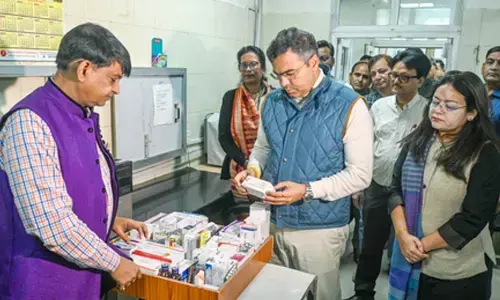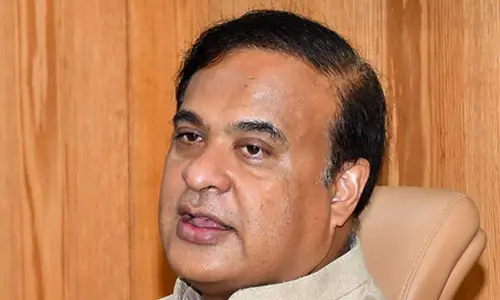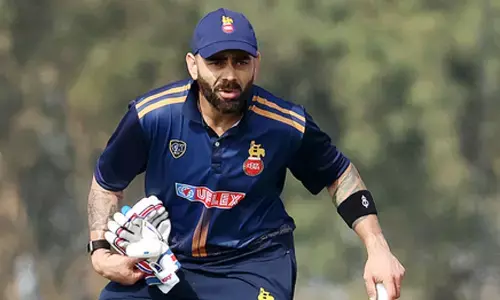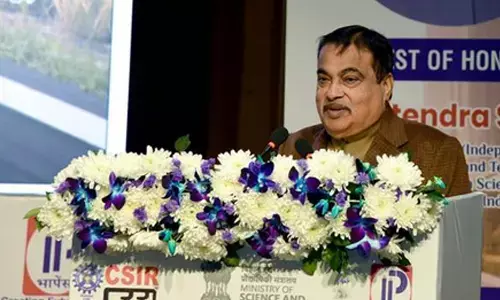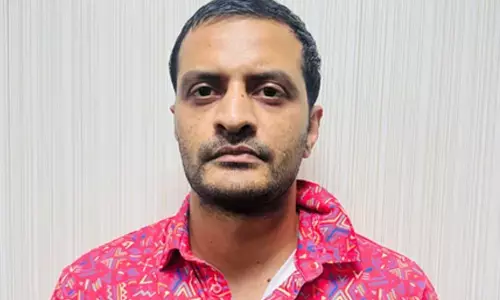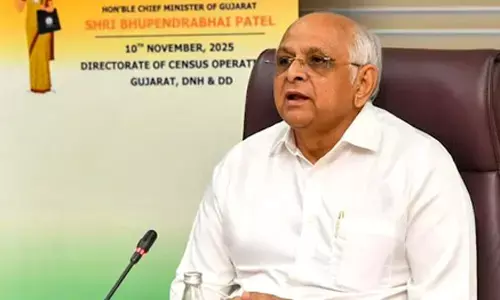Revolutionizing Healthcare Management: Gokul Ramadoss’s Cloud-Based Innovations Streamline Medicare and Medicaid

Gokul Ramadoss is a key leader at Horizon Blue Cross Blue Shield, where he spearheaded the integration of cloud-based solutions into the company’s Medicaid and Medicare systems. His innovative efforts have set a new standard in healthcare technology, demonstrating how digital transformation can streamline services and improve accuracy while navigating complex regulatory requirements
In today’s fast-evolving healthcare industry, the integration of Medicaid and Medicare solutions into cloud-based systems has become paramount, particularly for organizations navigating complex regulatory landscapes. Horizon Blue Cross Blue Shield stands out in this domain, having achieved remarkable advancements under the guidance of Gokul Ramadoss, who spearheaded efforts to streamline technology and improve system functionality. His work led to a 30% boost in system performance, marking a substantial leap in claims processing efficiency and eligibility verification.
Reflecting on this project, Gokul shares, “The integration allowed us to reduce response times by 25%, enhancing not only operational speed but also ensuring full compliance with federal guidelines. This was a major milestone for us and has set the tone for our digital transformation efforts.”
A key element of this transformation was the use of API-based integrations to synchronize real-time data across multiple healthcare providers, automating essential Medicaid and Medicare functions. This change brought a 40% reduction in manual errors, substantially improving the accuracy of service delivery. Gokul explains, “By reducing human intervention in high-volume transactions, we were able to make our systems more resilient, and our ability to meet growing healthcare demands has strengthened considerably.”
The project also tackled one of the most persistent challenges in the industry: data interoperability. Moving from legacy systems to modern cloud infrastructure is rarely straightforward, often facing compatibility and data migration issues. “Merging outdated systems with new technology required us to be meticulous with our migration process to prevent disruptions to ongoing healthcare services,” says Gokul. “Ensuring that scalability and adaptability were built into the cloud framework has been essential for meeting current and future demands.”
The healthcare sector is uniquely impacted by regulatory requirements that frequently evolve, posing a challenge for system compliance and resilience. Gokul notes, “Navigating regulatory requirements was crucial. As guidelines shift, our systems have to stay adaptable and compliant, which required us to create solutions robust enough to withstand these changes.” This proactive approach ensured that the solutions were not only compliant with current regulations but were also designed to adapt to future shifts.
When asked about the future of healthcare technology, Gokul is optimistic: “Looking ahead, real-time data analytics and AI-driven insights will be central to the next phase of healthcare integration. Flexible, adaptive integration architectures will be vital as we continue to tackle rapid technological advancements alongside evolving regulatory environments.”
The impact of this initiative is undeniable. Reports indicate a 30% improvement in data processing speed, directly contributing to faster claim resolutions, while a 25% reduction in integration-related errors has significantly boosted overall system reliability. These achievements highlight the effectiveness of cloud-based integration, especially in enhancing Horizon Blue Cross Blue Shield’s ability to meet compliance deadlines and improve system performance.
Gokul’s contributions to thought leadership in healthcare technology are also noteworthy. His published works, The Impact of AI in ETL/ETL in the Healthcare Domain and Cloud-based Integrations in Healthcare, offer insights into the transformative role of AI and cloud solutions in data management. “By strategically using AI for real-time data analytics and developing flexible integration architectures, we’re giving organizations a roadmap to modernize operations,” he says.
Through his technical expertise and strategic vision, Gokul Ramadoss has positioned Horizon Blue Cross Blue Shield at the forefront of healthcare integration, setting a high standard for future initiatives. “Integrating new technologies with traditional systems has not only improved our performance and compliance but has also prepared us to face future challenges with confidence,” he concludes. In an industry where accuracy, speed, and compliance are critical, Gokul’s work exemplifies how embracing cloud technology can transform healthcare services, leading to more efficient, reliable, and high-quality care for Medicare and Medicaid members.








